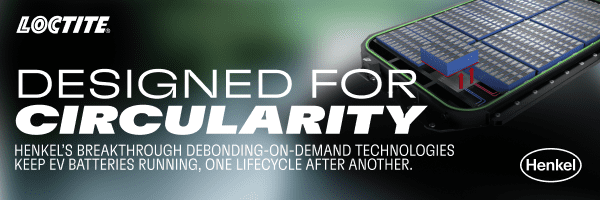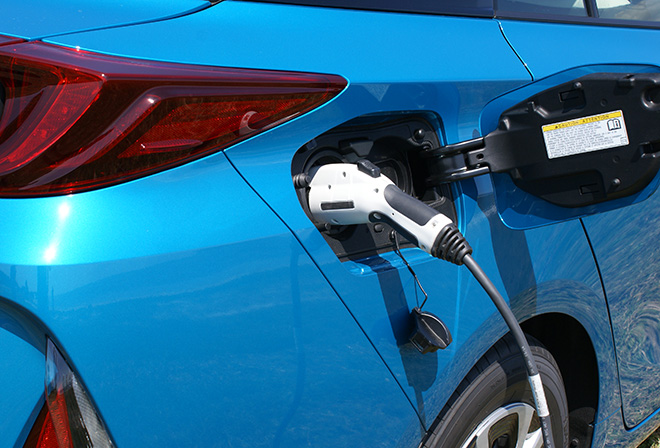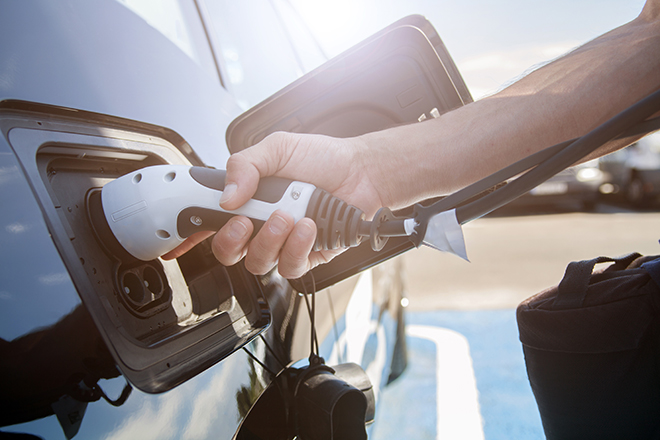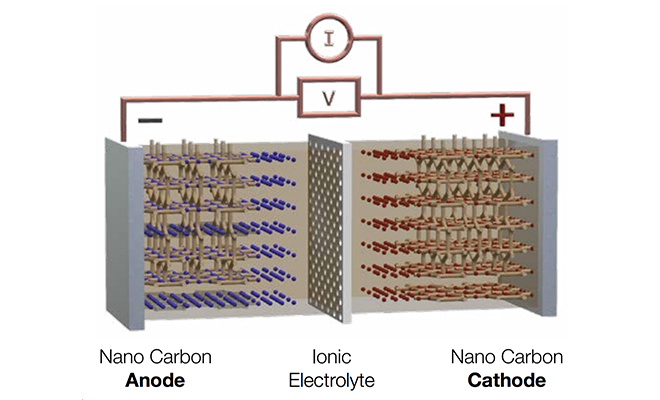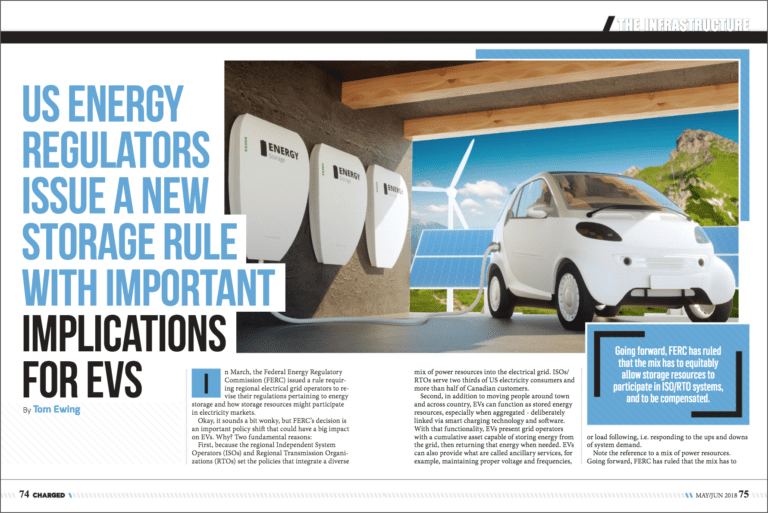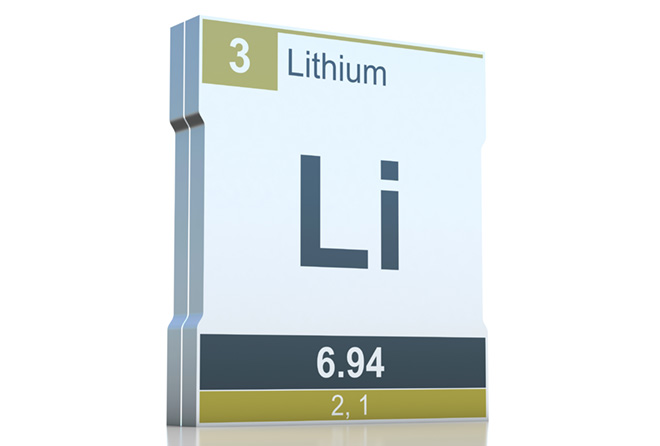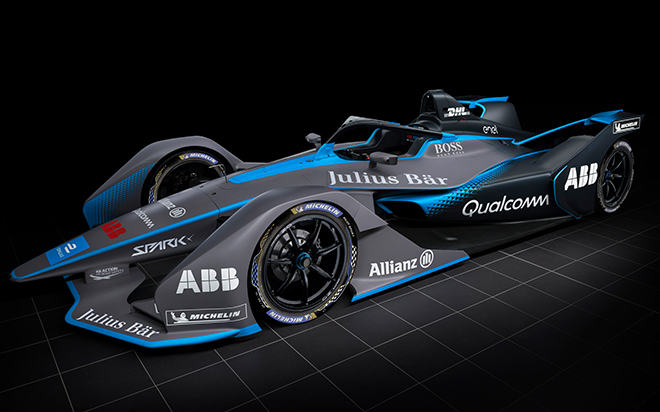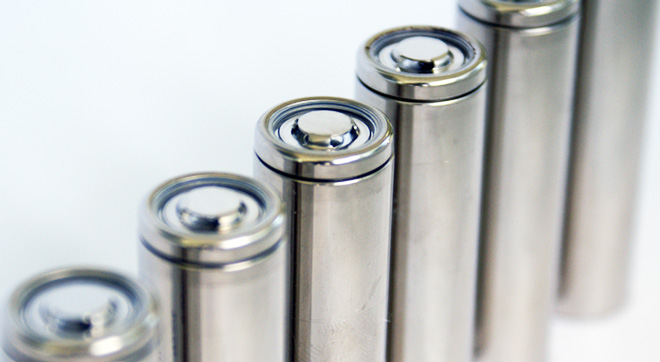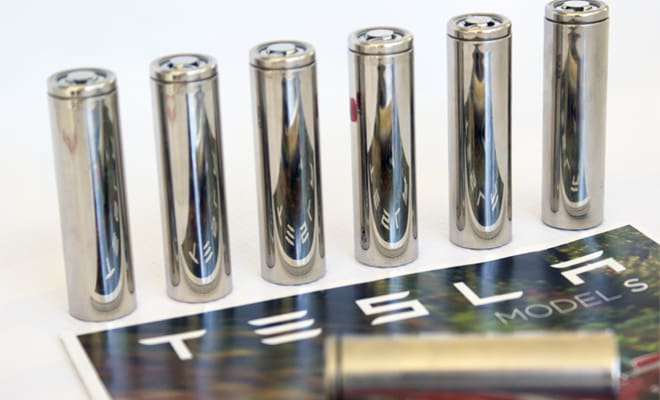Duke Energy plans to install up to 530 public charging stations within its Florida service area. Under the Park and Plug pilot program, the chargers will be deployed at multi-unit dwellings, workplaces and locations with high traffic. Ten percent of the new charging stations will be installed in “income-qualified communities.” Charging solution provider NovaCharge will… Read more »
Search Results Found For: "our next energy"
Next 10 report examines the effects of EV adoption on California’s power grid
A new report from non-profit think tank Next 10 explores how the power grid might be challenged or helped by the rise of EVs. Two related reports look at the effects of distributed energy resources such as rooftop solar panels, and of Community Choice Aggregators, a growing local alternative to investor-owned utilities. According to Next… Read more »
ZapGo’s Carbon-Ion tech combines power density of supercapacitors and energy density of batteries
Williams Advanced Engineering has selected ZapGo, a spinout of Oxford University, to join a consortium working to develop next-generation battery systems for EVs (part of the UK government’s Faraday Battery Challenge). ZapGo’s Carbon-Ion technology, based on carbon nanomaterials including graphene, is intended to combine the power density of supercapacitors and the energy density of rechargeable… Read more »
US energy regulators issue a new storage rule with important implications for EVs
In March, the Federal Energy Regulatory Commission (FERC) issued a rule requiring regional electrical grid operators to revise their regulations pertaining to energy storage and how storage resources might participate in electricity markets. Okay, it sounds a bit wonky, but FERC’s decision is an important policy shift that could have a big impact on EVs…. Read more »
Chinese companies increasing their pursuit of lithium resources
A recent report from metals and minerals research firm Roskill details how China is quickly working to increase its control of the lithium supply chain to support the rapid growth of its lithium-ion battery industry. The report provides examples of several major players who have recently announced or completed acquisitions. CATL, one of China’s largest… Read more »
Formula E reveals next-generation race car in Geneva
Formula E revealed a physical model of its next-generation racer, which will debut in the 2018/19 season, at the recent Geneva Motor Show. Technical specifications of the Gen2 car are also now available on the Formula E web site. Other than the striking new look, the most notable change is the battery, which has almost… Read more »
UK’s Faraday Institution awards £42 million to four battery research consortia
The Faraday Institution, the UK’s independent national battery research institute, has announced up to £42 million ($58 million) in new government funding to four UK-based consortia to conduct research aimed at overcoming battery challenges. The topics for the four projects were chosen in consultation with industry, to ensure that the research is producing solutions that… Read more »
A closer look at energy consumption in EVs
When it comes to factors that affect energy consumption in EVs, the big kahunas are weight and wind resistance (aka CdA), but there are other factors that can have a surprisingly outsized effect and that tend to be overlooked, such as the use of climate control (AC, of course, but especially heat). Conversely, one factor… Read more »
Electric trucks and their implications for energy demand
When the German postal service Deutsche Post DHL decided in 2013 that it wanted to upgrade its fleet to electric powertrains, it couldn’t find a suitable vehicle or an OEM willing to develop one. So, in cooperation with a university spin-out called StreetScooter, it developed its own EV. By the end of 2017, over 4,000… Read more »
Report: Transportation and stationary storage battery demand will surpass consumer electronics by next year
Consumer electronics have traditionally driven the demand for energy storage devices, but transportation and stationary applications will soon become the largest storage markets, according to Lux Research. By 2025 the energy storage market will top $100 billion, with applications in transportation alone reaching $69 billion, Lux forecasts. The highest growth rate will be in stationary… Read more »



